Cops Fined Over Davao death Squads Still Mysterious?
Cops Fined Over Davao death Squads Still Mysterious?
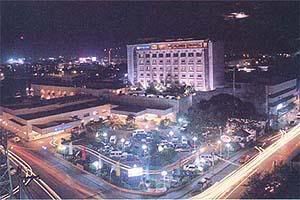
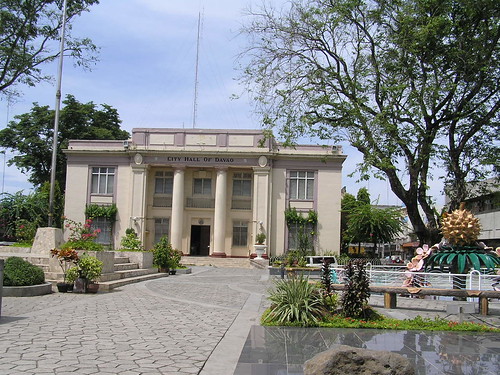
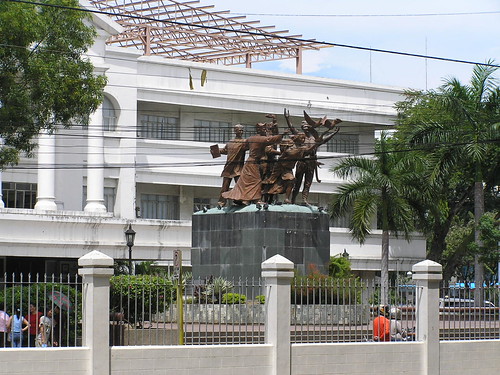
For neglect of duty that resulted to 720 murders allegedly carried out by the 'Davao death squad', the Office of the Ombudsman ordered 21 Philippine National Police officials to give a fine equivalent to a month's salary.
Police Senior Superintendents Catalino Cuy and Jaime Morente and Police Superintendents Harry Espela, Michael John Dubria, and Rommil Mitra were found guilty of Simple Neglect of Duty over the killings. Also found guilty were other police chief inspectors, police senior inspectors, and police inspectors from the Davao City Police Office.
Although the usual penalty for neglect of duty is suspension for one month, Ombudsman Conchita Carpio-Morales approved the modification of the penalty to just a fine.
A fact-finding team from the Office of the Ombudsman found that 720 people were murdered from 2005 to 2008, with deaths reaching as high as 259 in 2008. The murders were usually done by men riding in tandem on motorcycles and most of the deaths were related to the drug trade, the Office of the Ombudsman said.
Less than half of the murders were ever solved, the fact-finding team found.
"From the foregoing figures, it is evident that the respondents were remiss in their duty to significantly reduce the number of killings," the Ombudsman's decision read. The police officers were found guilty under the doctrine of command responsibility under Executive Order No. 226 (1995).
According to the complaint letter that prompted the Ombudsman to investigate the Davao Death Squad killings, high-ranking PNP officers were "directly involved" in the murders.
The Ombudsman said the officers were guilty of failing to "take preventive or corrective action either before, during, or immediately after (the crimes)."
Under that Executive Order, the police officials are presumed to have known about the crimes since they were both widespread and were "repeatedly or regularly committed within (their) area of responsibility."
The Davao Death Squad is a vigilante group believed responsible for the deaths of drug dealers and delinquents in Davao City. According to a Human Rights Watch report in 2009, the murders were done with the knowledge and cooperation of local authorities.
Police Senior Superintendents Catalino Cuy and Jaime Morente and Police Superintendents Harry Espela, Michael John Dubria, and Rommil Mitra were found guilty of Simple Neglect of Duty over the killings. Also found guilty were other police chief inspectors, police senior inspectors, and police inspectors from the Davao City Police Office.
Although the usual penalty for neglect of duty is suspension for one month, Ombudsman Conchita Carpio-Morales approved the modification of the penalty to just a fine.
A fact-finding team from the Office of the Ombudsman found that 720 people were murdered from 2005 to 2008, with deaths reaching as high as 259 in 2008. The murders were usually done by men riding in tandem on motorcycles and most of the deaths were related to the drug trade, the Office of the Ombudsman said.
Less than half of the murders were ever solved, the fact-finding team found.
"From the foregoing figures, it is evident that the respondents were remiss in their duty to significantly reduce the number of killings," the Ombudsman's decision read. The police officers were found guilty under the doctrine of command responsibility under Executive Order No. 226 (1995).
According to the complaint letter that prompted the Ombudsman to investigate the Davao Death Squad killings, high-ranking PNP officers were "directly involved" in the murders.
The Ombudsman said the officers were guilty of failing to "take preventive or corrective action either before, during, or immediately after (the crimes)."
Under that Executive Order, the police officials are presumed to have known about the crimes since they were both widespread and were "repeatedly or regularly committed within (their) area of responsibility."
The Davao Death Squad is a vigilante group believed responsible for the deaths of drug dealers and delinquents in Davao City. According to a Human Rights Watch report in 2009, the murders were done with the knowledge and cooperation of local authorities.
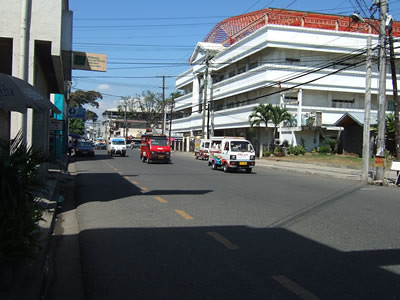
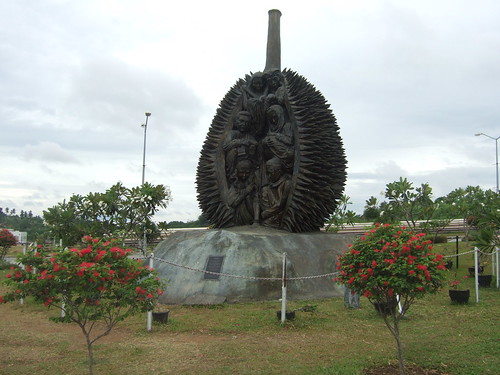

0 Mga Komento:
Mag-post ng isang Komento
Mag-subscribe sa I-post ang Mga Komento [Atom]
<< Home